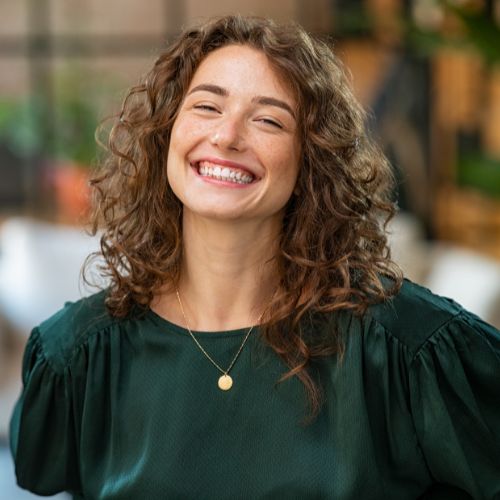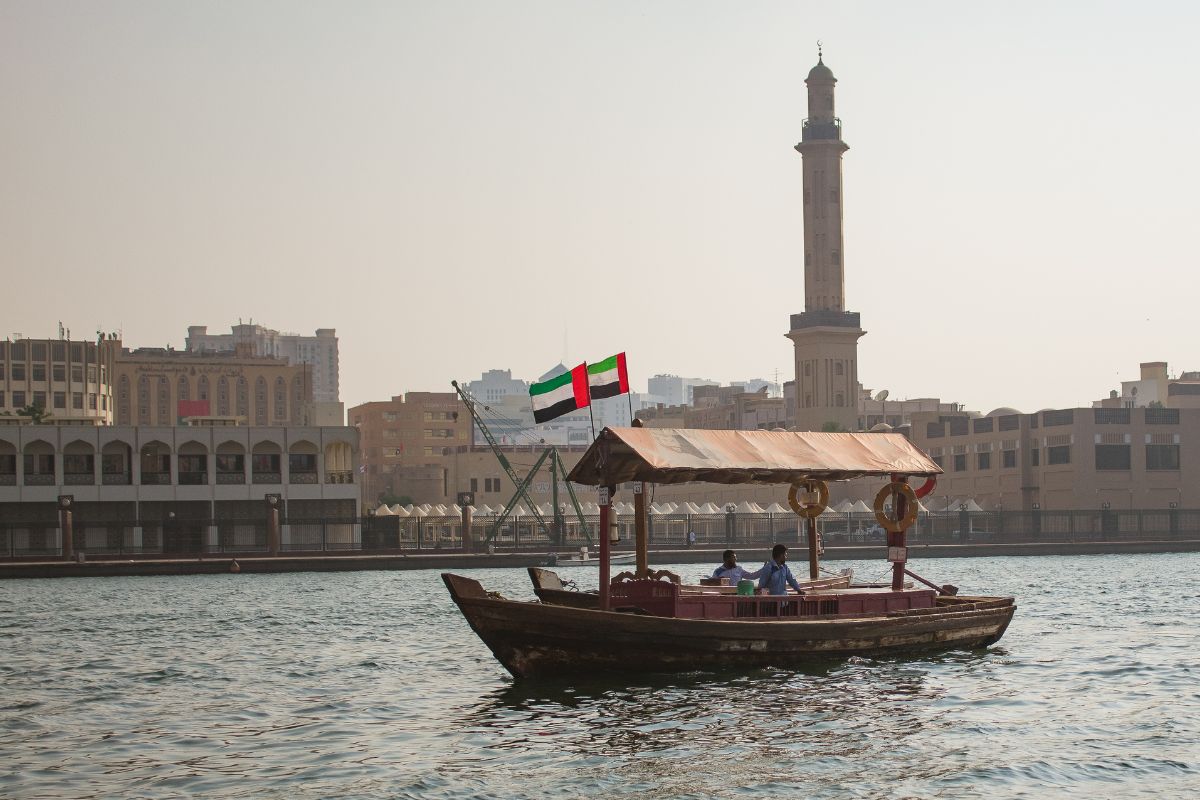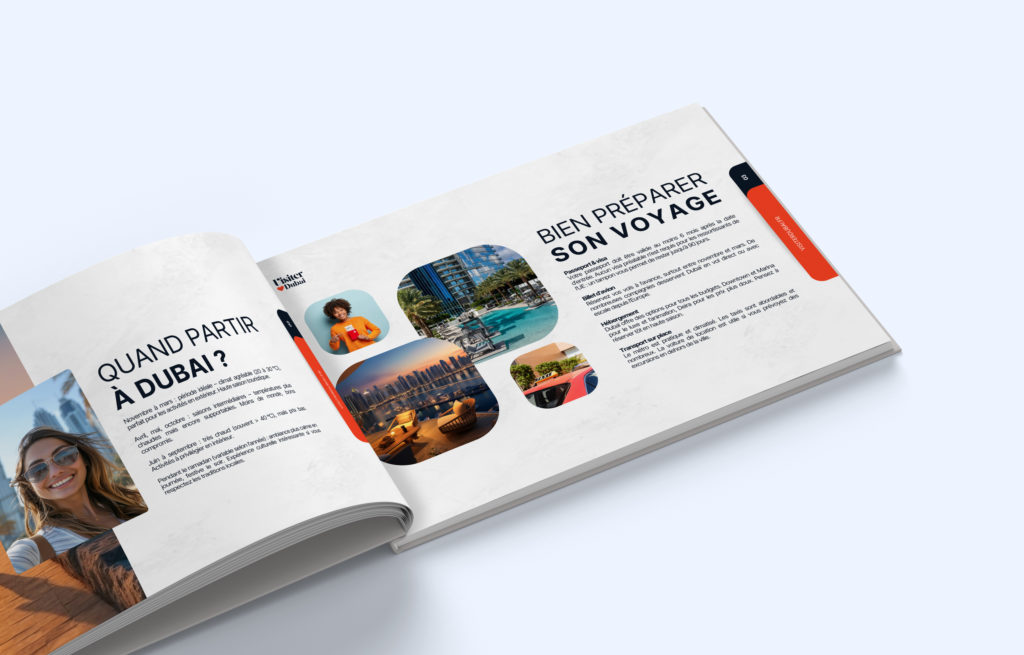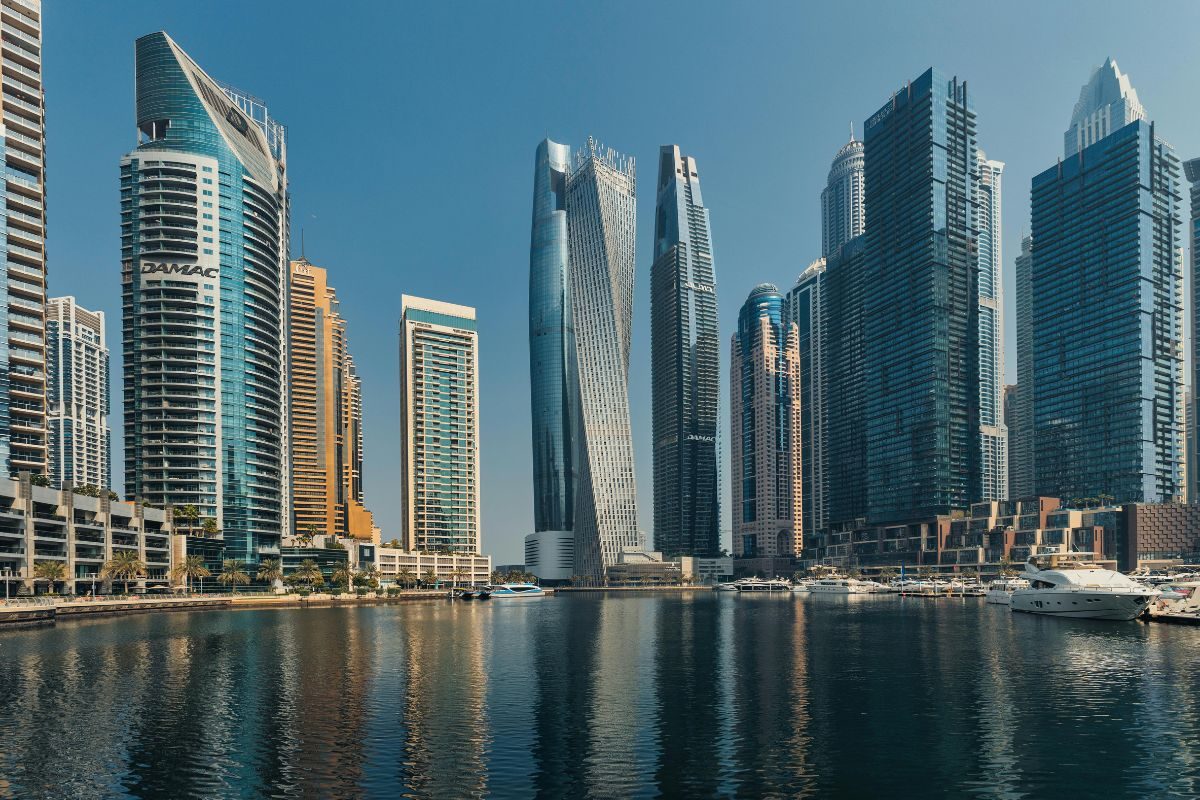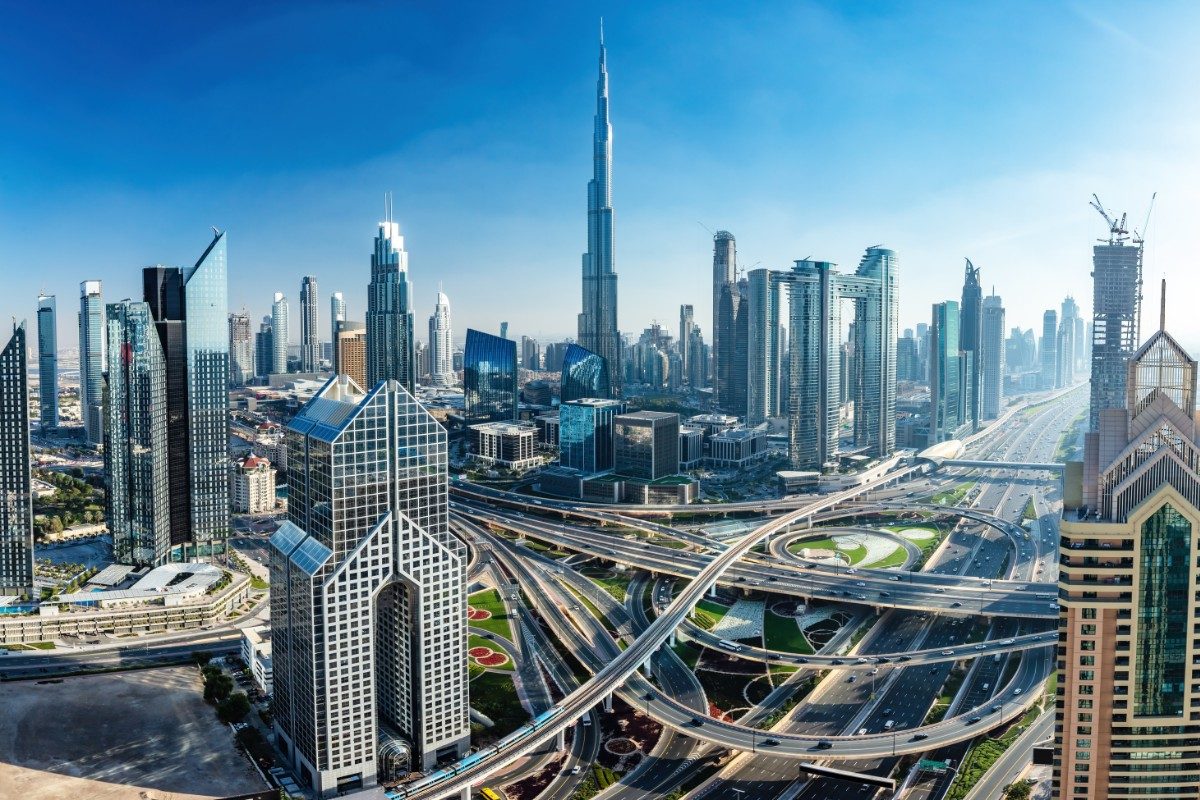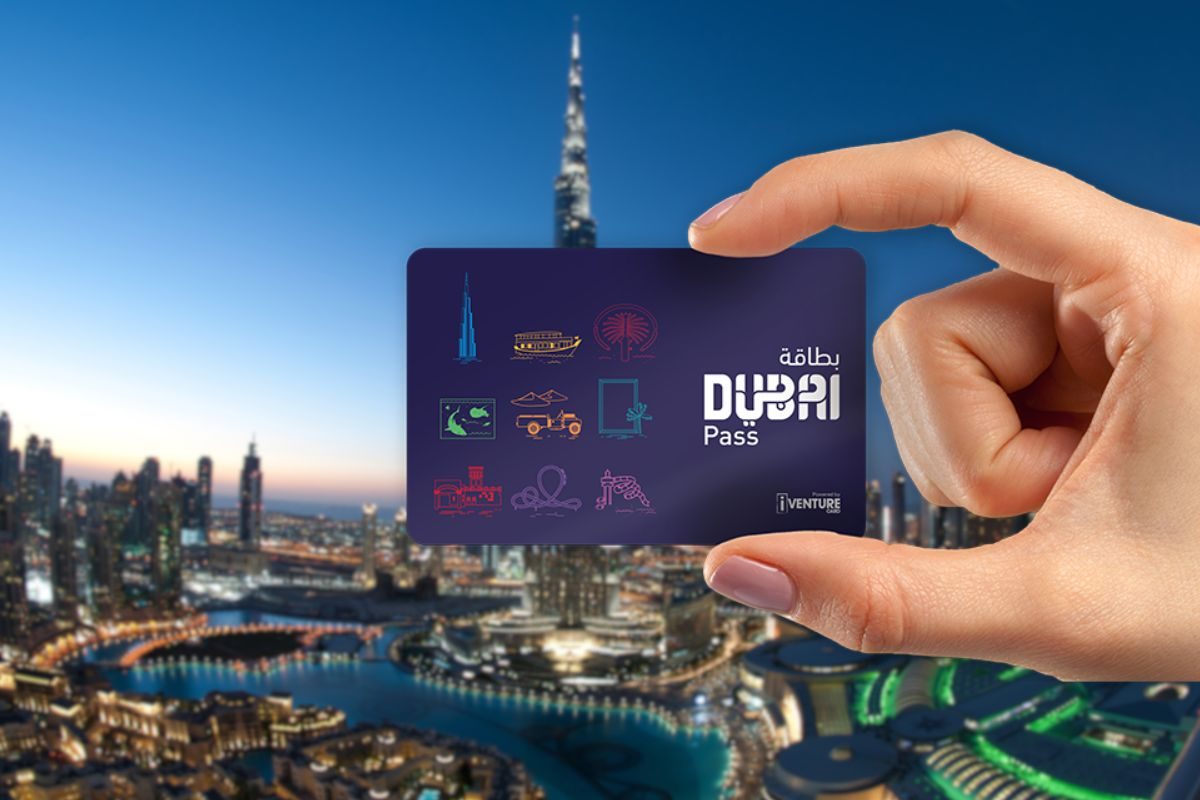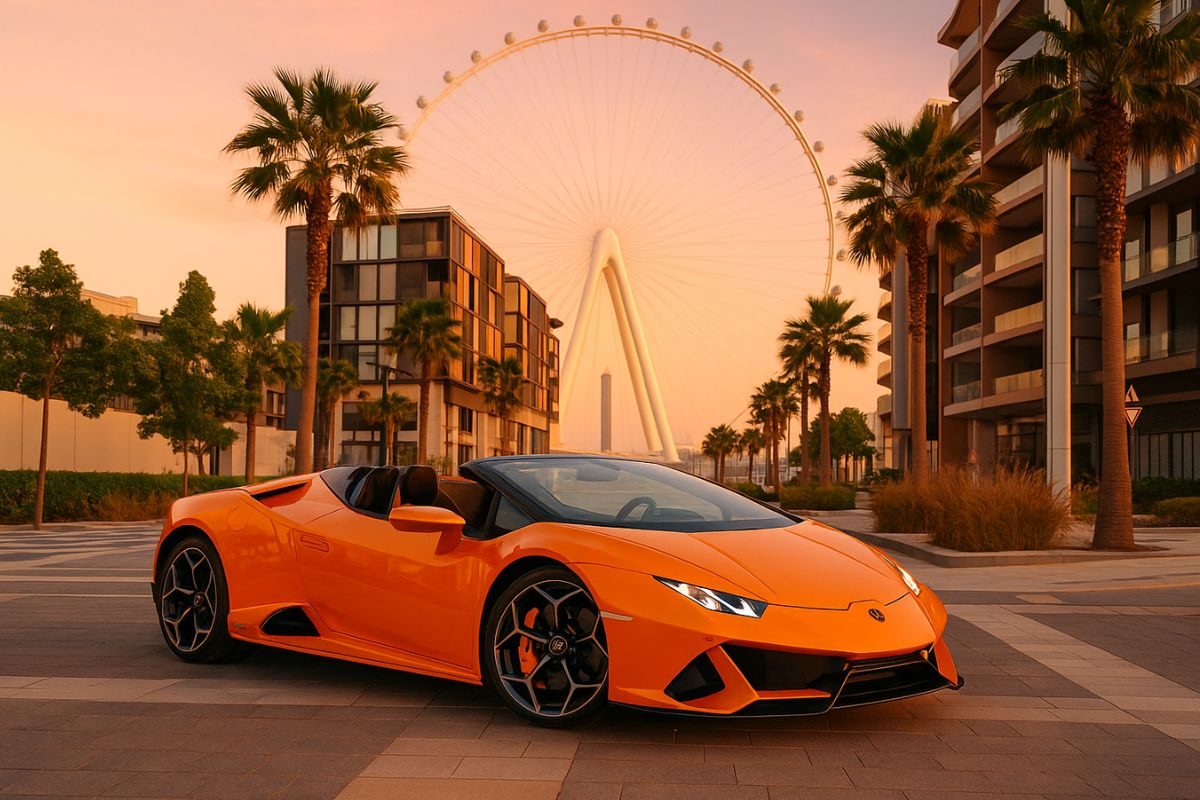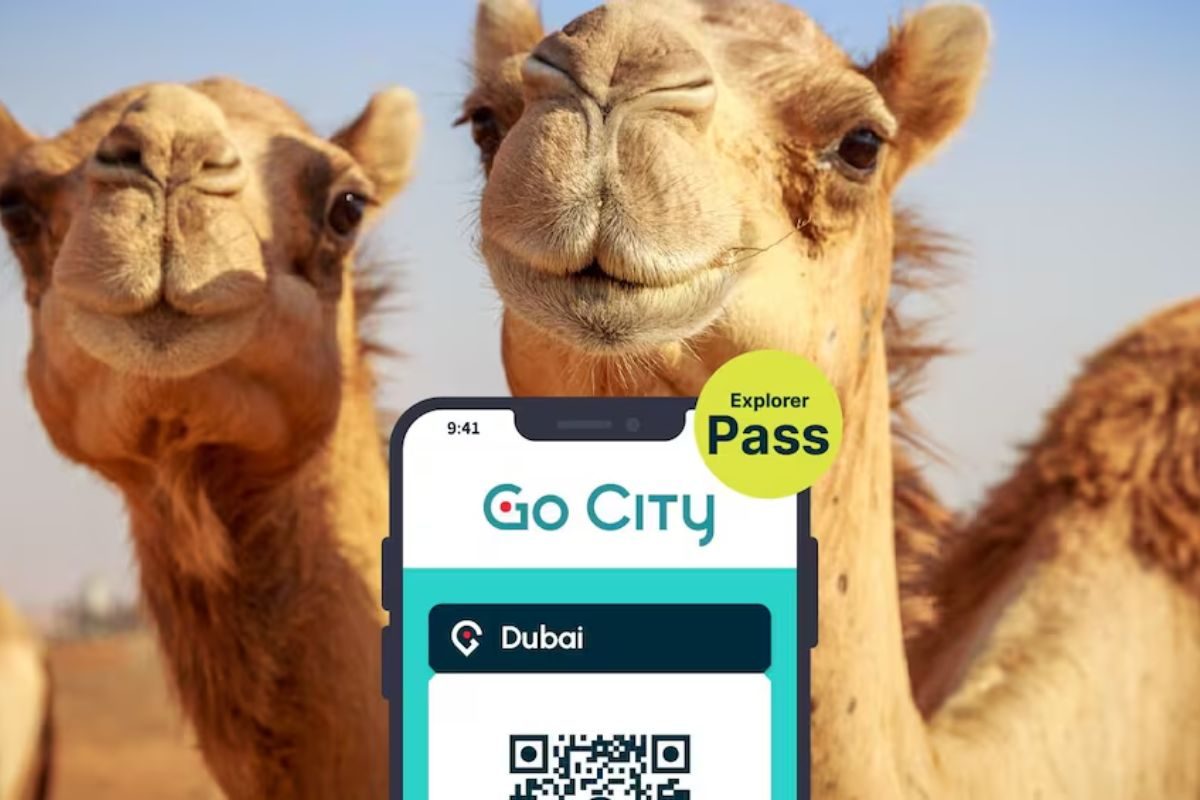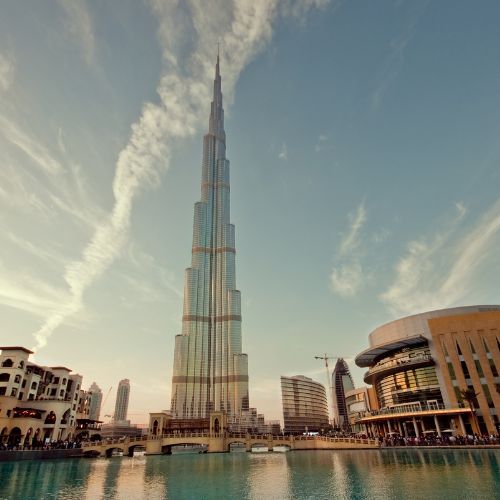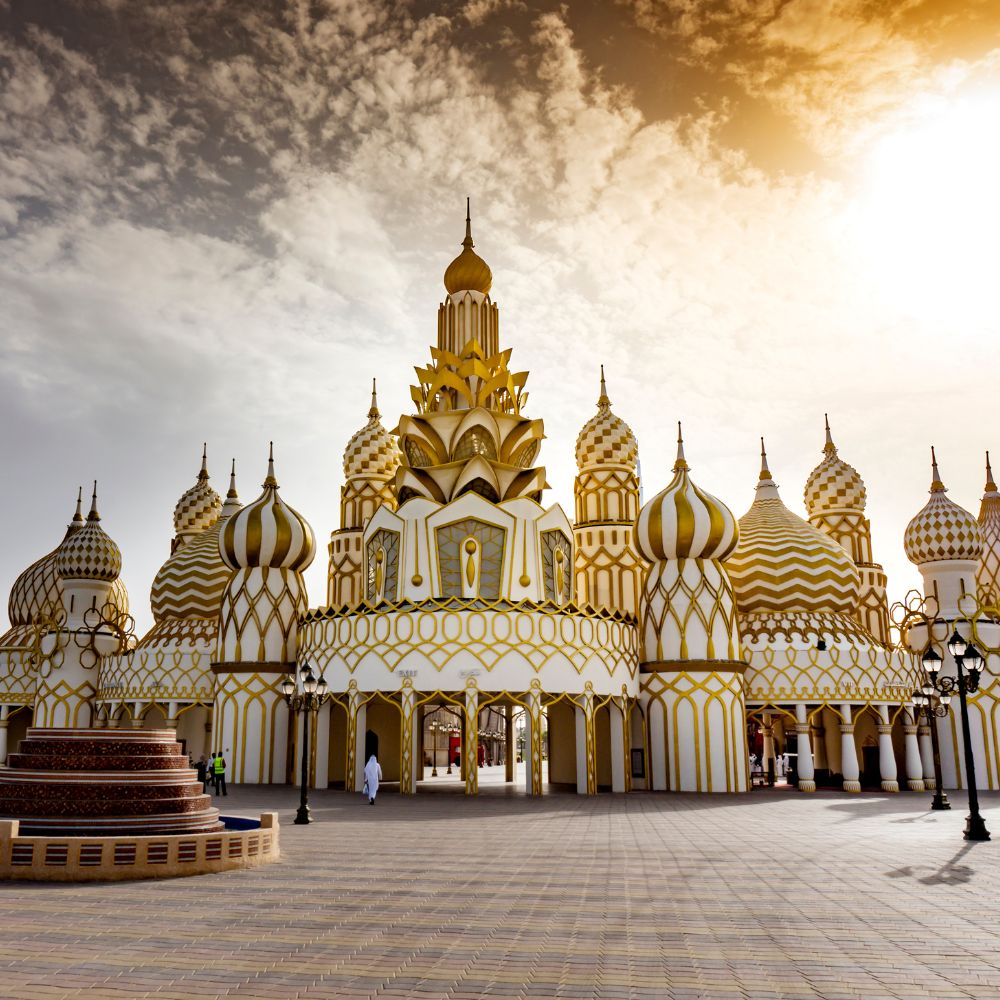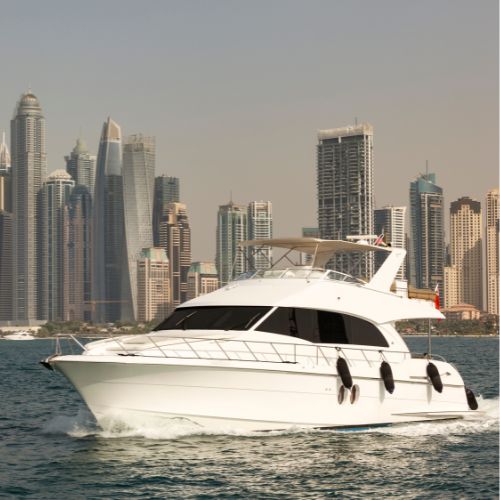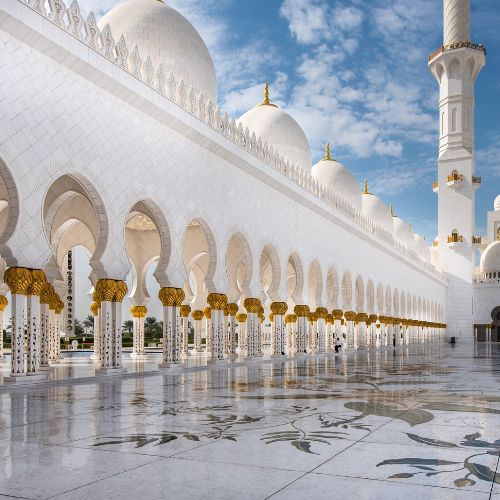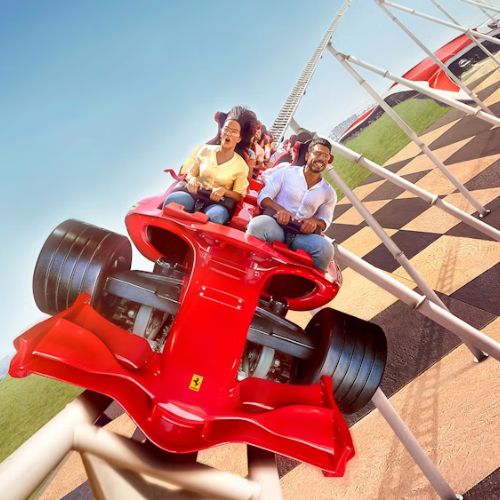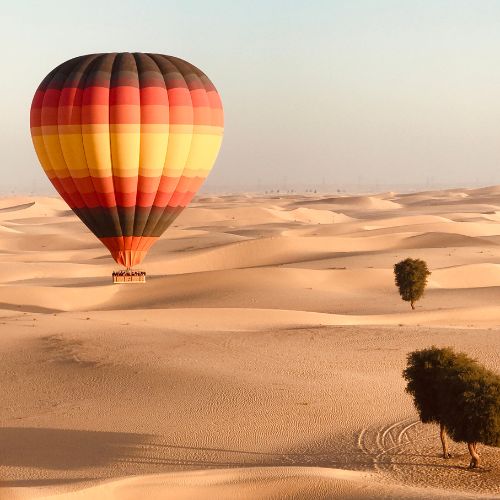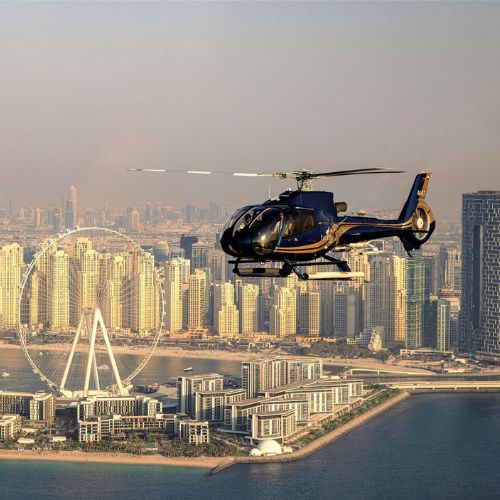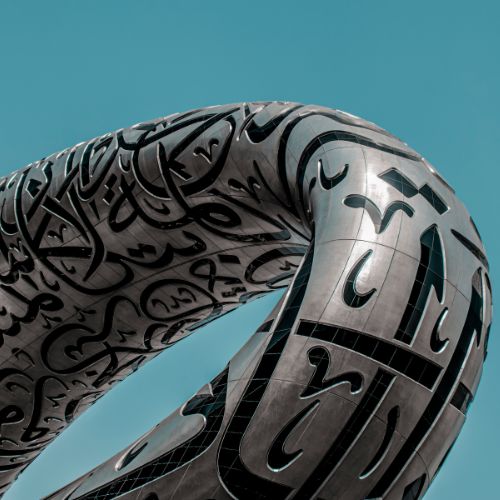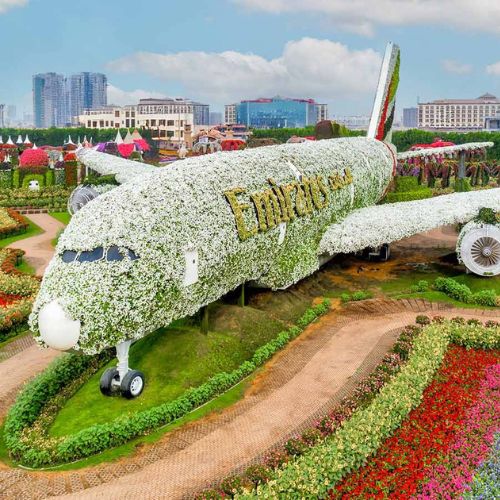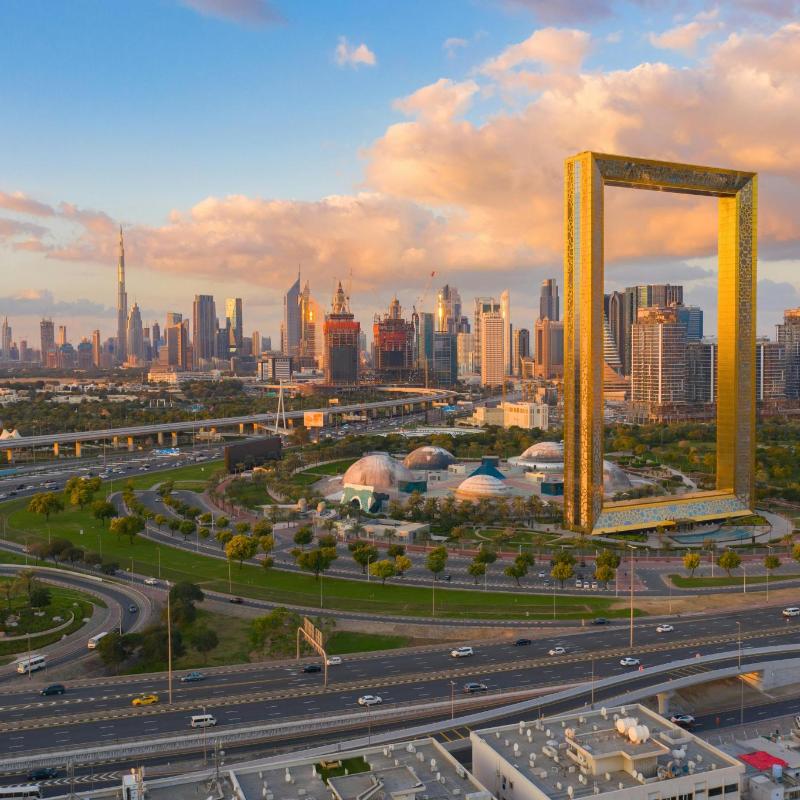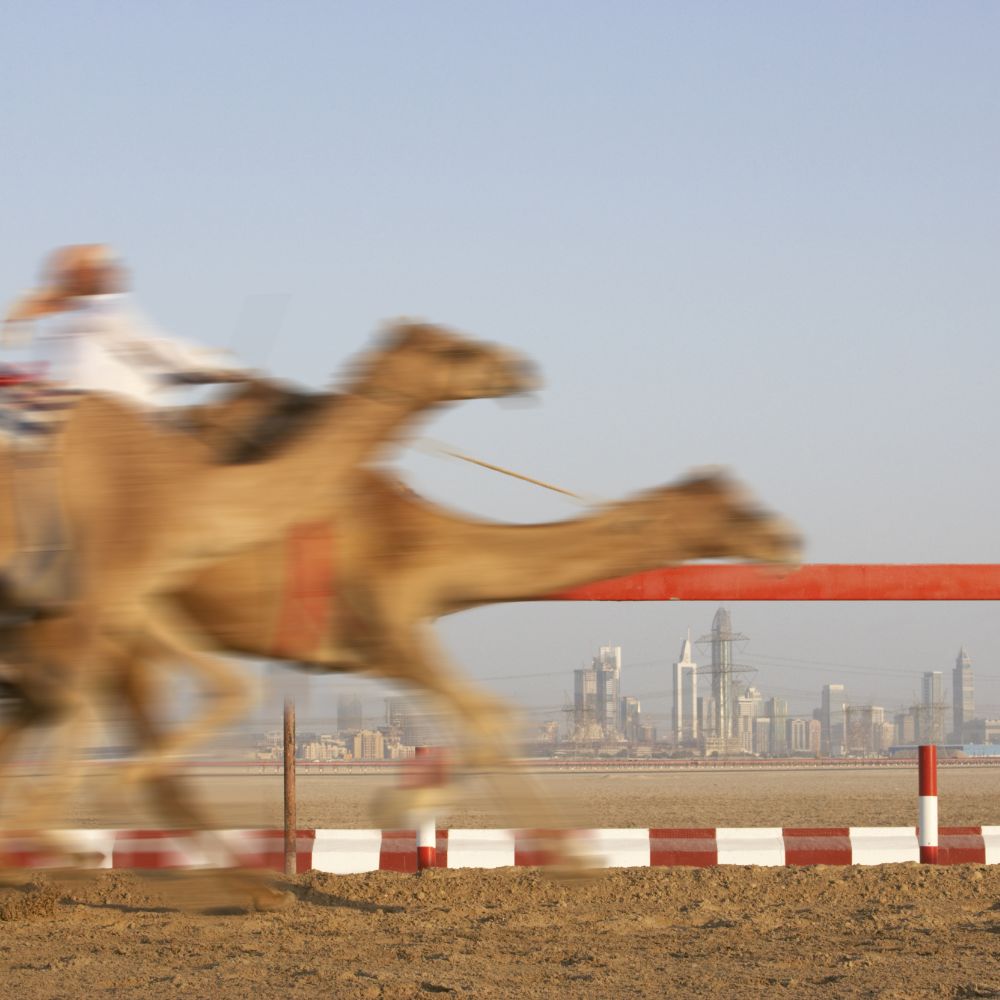Dreaming of a getaway to a place where the authenticity of Dubai's traditional souks blends with the bustle of ancestral trade? Bur Dubai's Grand Souk is your ticket to a sensory journey through colorful spices, precious jewelry and iconic souvenirs.
Follow the guide: we'll tell you everything you need to make the most of this unique experience, far from the standard tourist circuits!
Discovering Bur Dubai's Grand Souk

The history and origins of the traditional souk
Bur Dubai's Grand Souk, also known as Old Souk, is one of Dubai's oldest markets. By the 19th century, it had established itselfas a key commercial center thanks to its strategic position along Dubai Creek. Specializing in textiles, it attracted merchants from India and Pakistan, forging its reputation as a dynamic trading center.
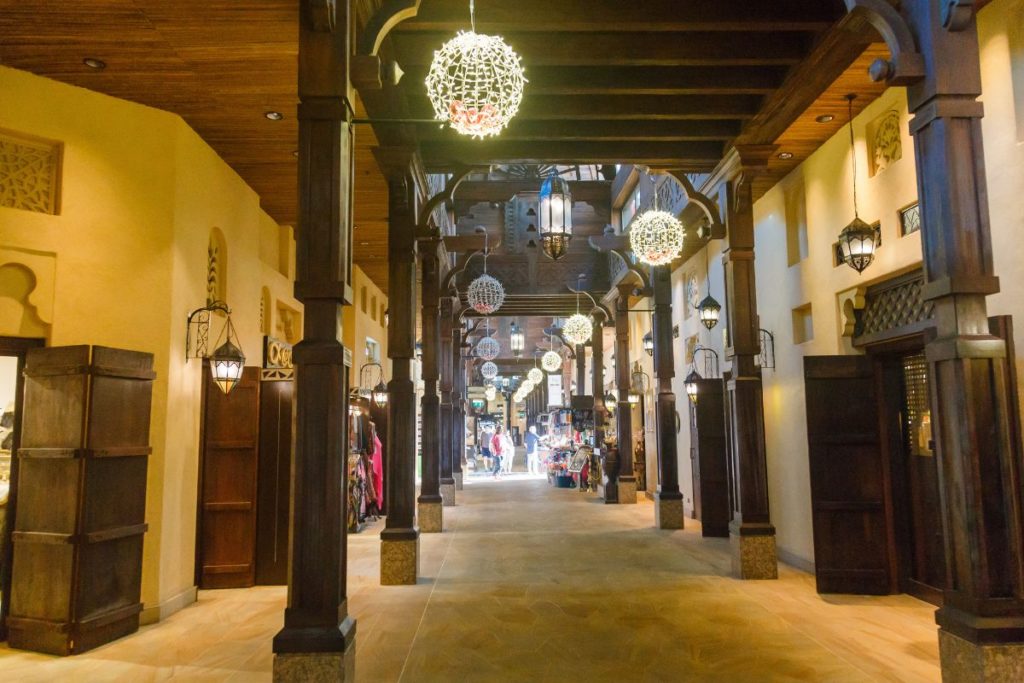
This market embodies the soul of Dubai and its commercial history. As a meeting place, it reflects Arab traditions and Emirati hospitality. The souk contributed to the city's economic boom long before the oil era, by facilitating the textile trade. Today, it remains a living witness to Dubai's evolution, blending authenticity and modernity to the delight of locals and travelers alike.
Discover the history of Deira and its souks, which have shaped the commercial identity of Dubai.
Location and directions
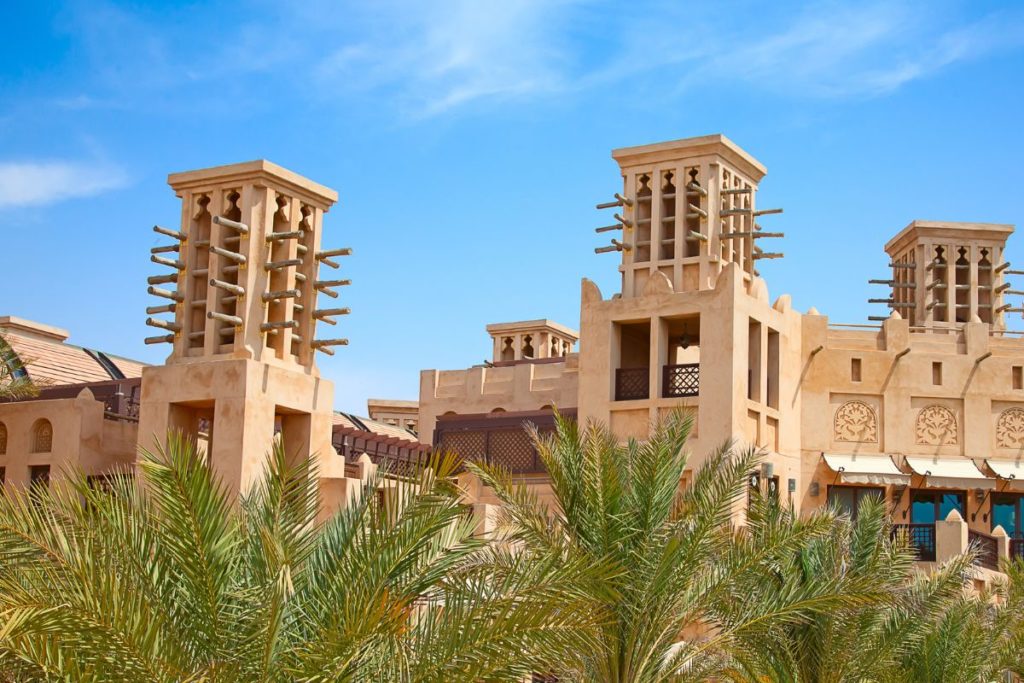
The Grand Souk is located in Bur Dubai, just opposite Deira, along the Dubai Creek. There are several options for getting there: the Al Fahidi station , buses, cabs or an abra, the traditional boat that crosses the creek for just 1 AED.
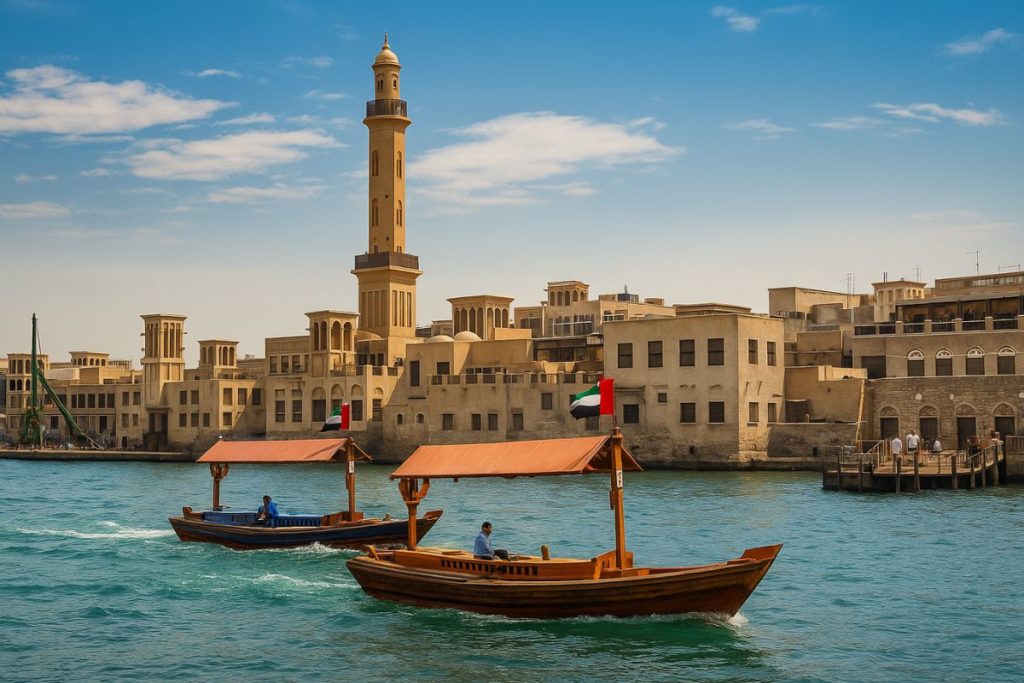
Dubai Creek plays a central role in the city's history and surrounds the souk with its historic charm. Taking an abra from Deira, you cross this waterway that separates Dubai's two iconic districts. Nearby Al Seef and the Grand Mosque complete this immersion in old Dubai, making for a rich and varied cultural itinerary.
Market atmosphere and architecture
As you enter the Grand Souk, you're immediately struck by the bright colors of the fabrics, the scent of spices and the lively conversations between shopkeepers and customers.
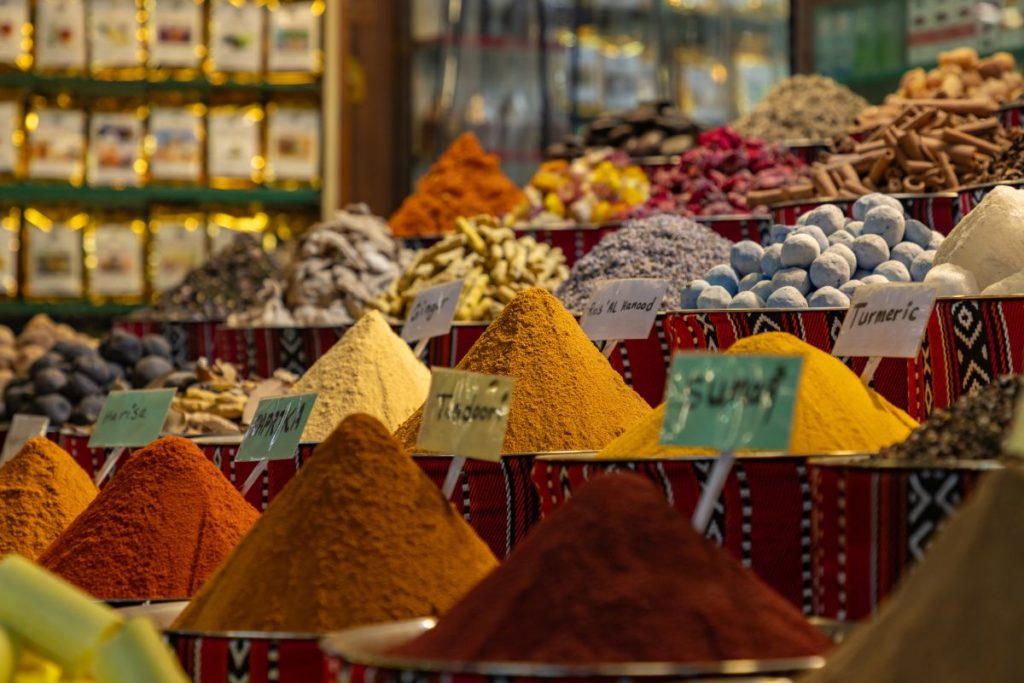
The architecture of Bur Dubai's Grand Souk perfectly reflects traditional Arabian style. Covered alleyways, carved wooden arches and subdued lighting create a timeless ambience. Unlike modern shopping malls, this souk preserves its authentic character, with family-run stores passing on their know-how. Every element, from the natural stone floor to the low roofs, recalls Dubai's commercial history.
Compared with modernized souks such as Madinat Jumeirah, Bur Dubai's Grand Souk offers a more traditional, less commercialized experience. Its architecture, natural materials and ancestral operation make it a unique place to discover the Dubai of yesteryear.
Schedules and best times to visit the souk
Bur Dubai's Grand Souk is generally open from 10 a.m. to 10 p.m. every day, with occasional extensions to 10.30 p.m. for the busiest stores. Friday evenings are particularly lively. During Ramadan, opening hours remain largely unchanged, although special markets are organized in Deira.
| Day | Grand Souk Bur Dubai | Gold Souk Deira |
|---|---|---|
| Monday to Thursday | 10:00 - 22:00 (or 22:30 depending on store) | 9:30 - 21:30 |
| Friday | 10:00 - 22:00 (evening entertainment) | 9:30 - 21:30 |
| Saturday | 10:00 - 22:00 | 9:30 - 21:30 |
| During Ramadan | Normal working hours (check locally) | Ramadan Souk in Deira: 10:00 - 22:00 (end of January to end of February) |
Visit the Grand Souk in Bur Dubai in the late afternoon, when the weather is milder. Friday evenings are particularly lively. Less crowded in the early mornings, the souk allows for quieter exchanges with the merchants. Avoid the months of May to October to avoid the extreme heat, preferring the period from November to March for a more comfortable visit.
Treasures and specialities of the Grand Souk
Traditional textiles and clothing
Bur Dubai's Grand Souk is a textile lover's paradise. You'll find raw silk, cotton, embroidered fabrics and cashmere pashminas. Traditional garments such as talli, intricate embroidery in bright colors, are particularly prized.
Local craftsmen work with a variety of materials, including silk, cotton and wool. Talli, an Emirati specialty, adorns women's garments with elegance. Weaving and embroidery techniques are handed down from generation to generation , preserving the cultural heritage of the United Arab Emirates.
Spices, perfumes and oriental products
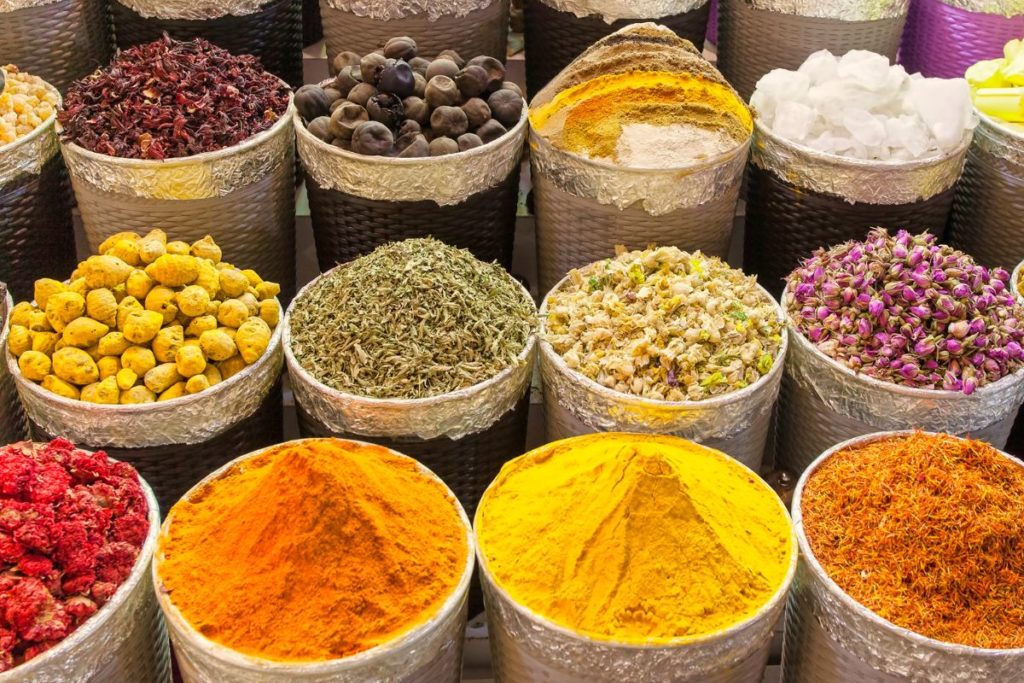
As you enter the dubai spice souk, you're overwhelmed by the enchanting scents. Saffron, turmeric, cinnamon, oud and musk mingle in an explosion of typically oriental flavors and smells.
- Premium saffron, a symbol of luxury and refinement
- Turmeric and cinnamon, emblematic spices of the souk epices dubai
- Nuts and dried fruit, local and international products
- Fragrances based on oud and musk, the olfactory signature of the Emirates
- Combinations of amber, sandalwood and jasmine for oriental fragrances
These emblematic products offer a sensory immersion in the rich, fragrant world of the Bur Dubai souk.
To recognize quality spices, look for bright colors and strong scents. When it comes to fragrances, opt for reputable manufacturers. Don't hesitate to negotiate politely for good prices.
Souvenirs and local crafts
To remember your visit, opt for pashminas, abayas or metal crafts.
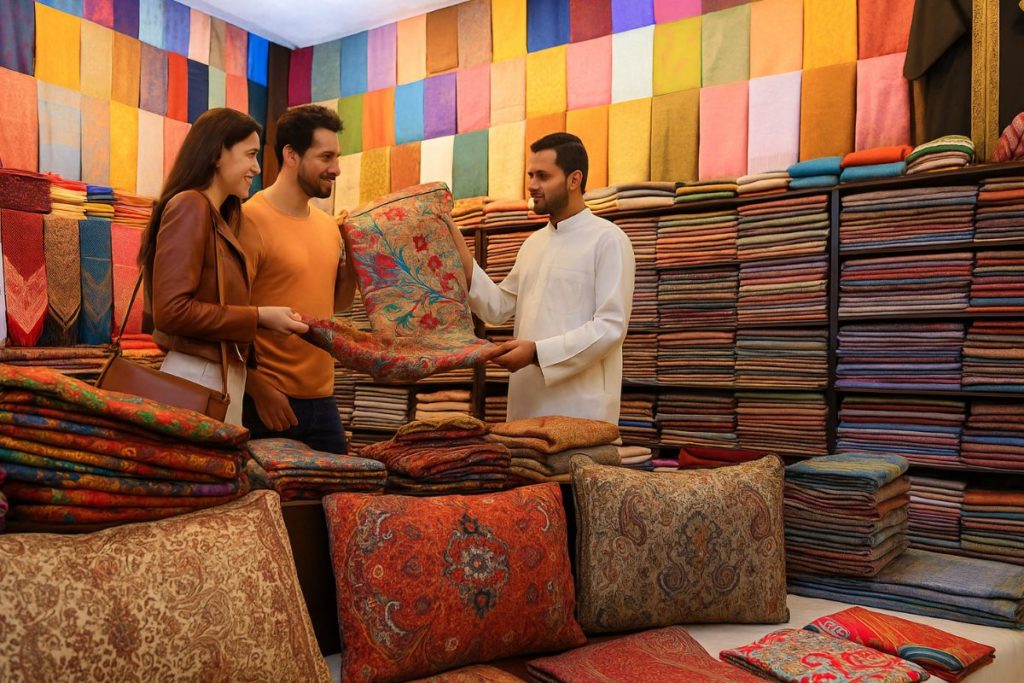
- Pashminas in cashmere, wool or cotton, softness and elegance
- Talli, traditional embroidery on women's clothing
- Habbous, traditional clothing from the United Arab Emirates
- Handicrafts in metal or ceramics, local heritage
These authentic souvenirs from Bur Dubai's traditional souk combine beauty and cultural value.
To recognize authentic craftsmanship, look at the details of manufacture. Slight imperfections often betray handwork. Choose stores run by local artisans.
Jewelry and precious objects
The Grand Souk also offers gold jewelry, rubies, sapphires and rings. Unlike the Gold Souk in Deira, which specializes in gold, jewelry here is offered in a more traditional setting.
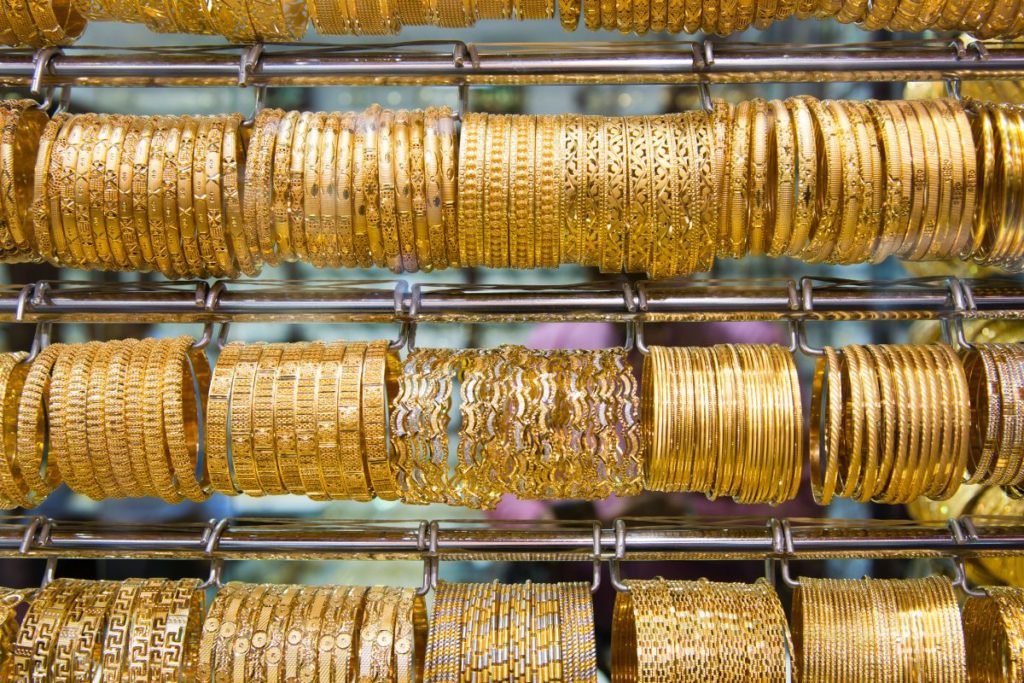
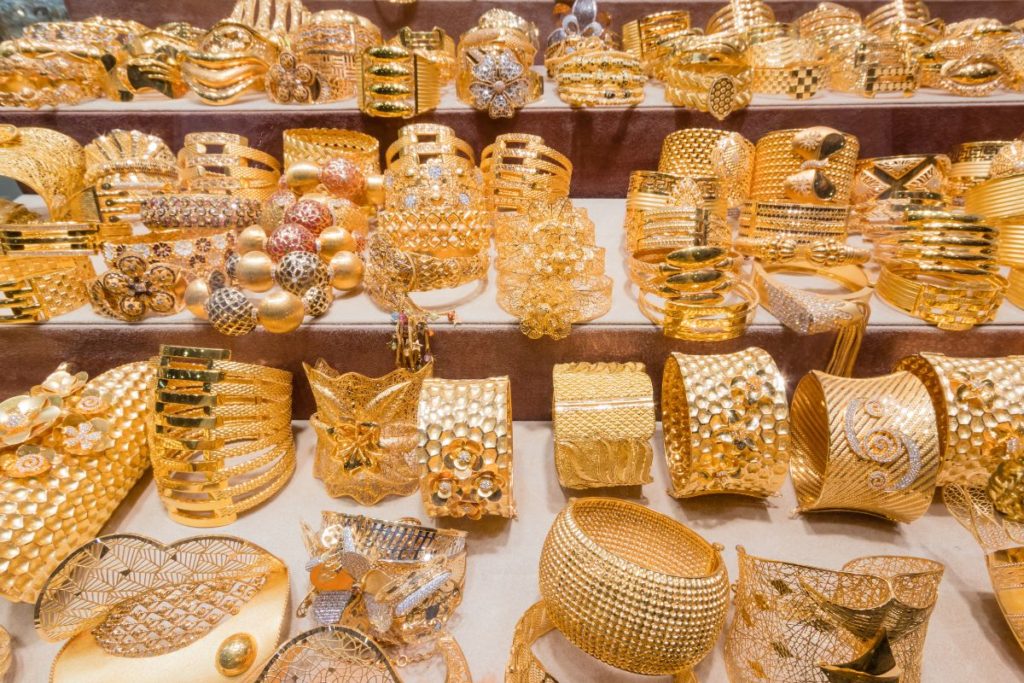
| Criteria | Grand Souk Bur Dubai | Gold Souk Deira |
|---|---|---|
| Product highlights | Textiles, perfumes, spices, souvenirs, traditional clothing, local handicrafts | Gold, precious jewels, precious stones, rare metals |
| Atmosphere | Authentic traditional market with covered alleyways and local traders | Upscale commercial hub with luxurious window displays |
| Target audience | Authentic tourists and locals | Gold collectors and international investors |
| Price range | Accessible (negotiable) goods and unique items | Premium price for (certified) gold with increased competition |
When buying jewelry, check the authenticity hallmarks. Don't hesitate to politely negotiate manufacturing costs. Always ask for an invoice to guarantee your purchase.
The Dubai souk shopping experience
The art of negotiating with merchants
Negotiation is an integral part of the souk experience. It's expected by the vendors, who see it as an established business tradition.
Start by offering half the asking price - this is common practice. Be polite and smiling in your exchanges. The seller will gradually raise his price while you lower yours until you reach an agreement.
Avoid being too insistent or offering too low a price from the outset. Don't be put off by teasing or small negotiations that may seem exaggerated to a foreigner.
Tips for a pleasant, authentic visit
Dress modestly, covering your shoulders and knees. This shows respect for the local culture without being restrictive.
Prepare for the heat by carrying a bottle of water. Wear comfortable shoes to stroll the aisles. Carrycash in dirhams, as many stores do not accept credit cards.
A simple "hello" in Arabic, "Salam", is enough to open a conversation. Avoid pointing at people or objects, preferring more discreet gestures.
Differences between the Bur Dubai souk and other souks
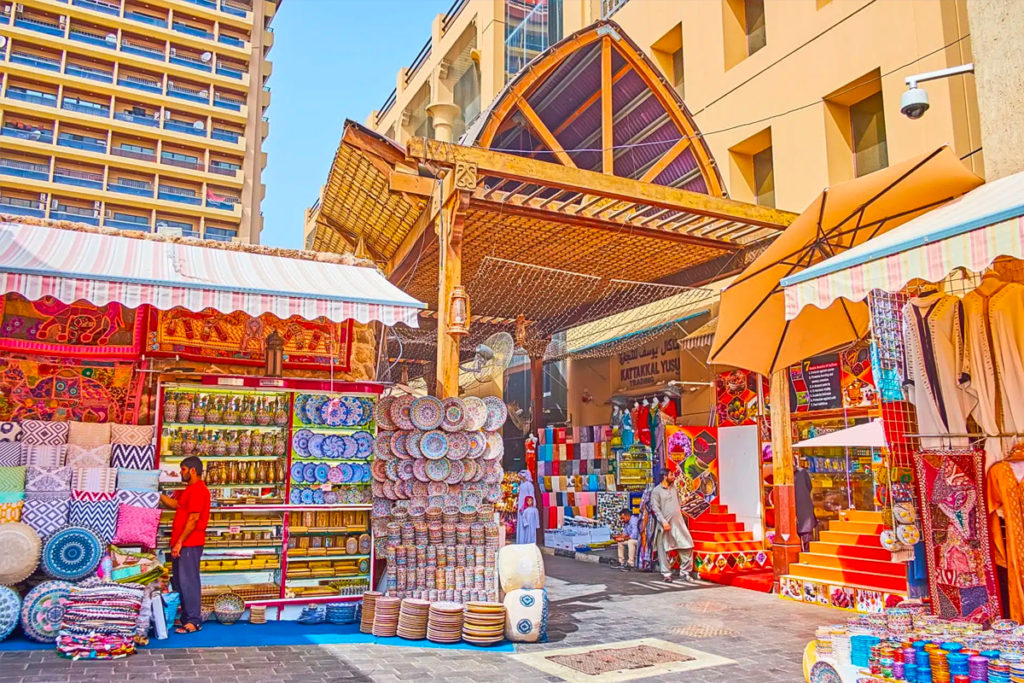
Bur Dubai's Grand Souk stands out from other Dubai markets for its authenticity and traditional atmosphere.
Unlike Deira's Gold Souk, which specializes in gold, Bur Dubai offers a greater diversity of products. Discover Dubai's 10 must-see souks to better understand the differences between the traditional markets.
Start by exploring Bur Dubai's textile souk, then cross the creek by abra to compare with Deira's Gold Souk. This approach gives you an overview of Dubai's traditional retail offering.
Around Bur Dubai's Grand Souk
Nearby cultural attractions
Just a stone's throw from the Grand Souk, Bur Dubai abounds in cultural sites. The Dubai Museum, housed in the Al Fahidi Fort, tells the story of the city's metamorphosis. The historic district of Al Fahidi (Bastakiya) invites you to discover old houses and traditional wind towers.
- Dubai Museum (335m from the souk): local history and traditions
- Al Fahidi Fort (18th century): historic architecture
- Al Fahidi Historical Neighbourhood: typical alleyways and coral houses
- Sheikh Mohammed Cultural Centre: workshops and lectures
- Jumeirah Grand Mosque: 6.5 km away, architectural masterpiece

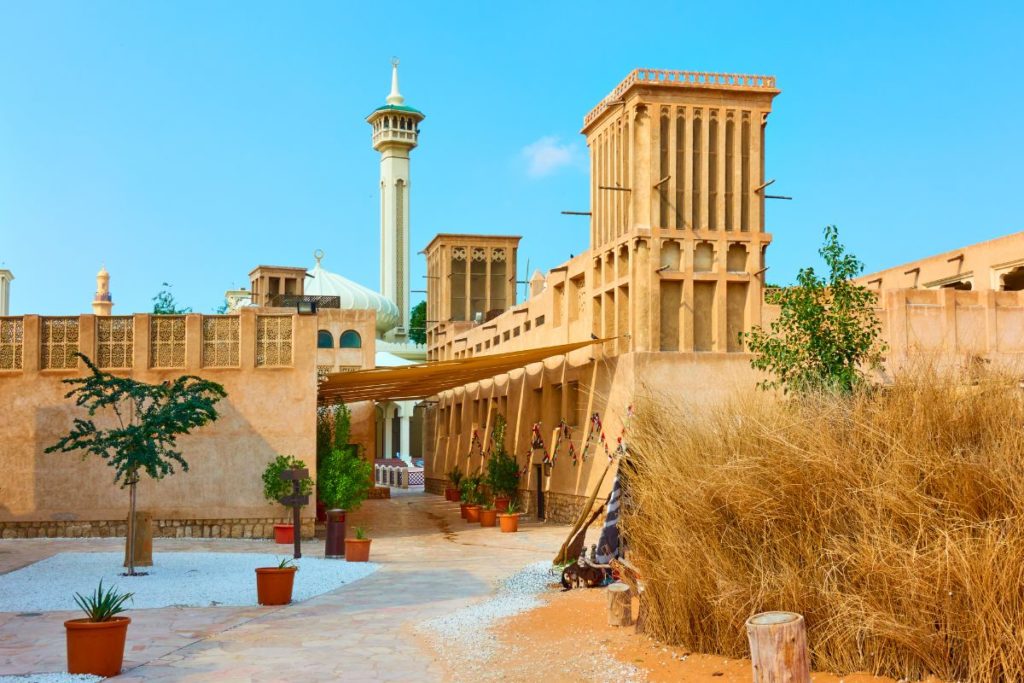
Start with the souk, cross Dubai Creek by abra to reach Deira. Then explore Al Fahidi and its museum, and finish with a stroll along the creek. Allow 2-3 hours for this cultural and historical tour.
Gastronomic experiences in the neighborhood
Between two fabric stalls, the neighborhood is a gourmet's delight. From shawarma to traditional Emirati dishes, options abound. Meena Bazar offers tasty Indian street food, while Al Fanar Restaurant serves local recipes in a retro decor.
Try braised lamb, harees (wheat with meat), balaleet (sweet vermicelli) or luqaimat (sweet dumplings). Iranian and Indian influences blend with local flavours. Al Ustad Special Kabab is famous for its Persian grills, while Arabian Tea House sublimates traditional dishes.
For authentic addresses, follow the locals! Tripadvisor lists over 2,300 establishments in Bur Dubai. Expect to pay AED 8-15 for a simple meal, AED 30 for dinner in a well-known restaurant.
Tips for choosing authentic establishments
Choose places that are crowded with locals. Handwritten menus in Arabic are often a guarantee of quality. Family-run restaurants close to the souk, such as Bur Dubai Restaurant, offer hearty dishes at reasonable prices.
Prices vary according to standing. A plate of mezze (hummus, falafel) costs between 10 and 20 AED. For an authentic main course, expect to pay 25 to 40 AED. Street food stalls often offer the best value for money.
Bur Dubai's Grand Souk is the authenticity of a century-old market where colorful spices, sparkling jewelry and warm negotiations immerse you in the soul of Dubai. Ready to unearth your treasures? Don't delay: every visit is a unique opportunity to take a piece of Emirati tradition home with you!
